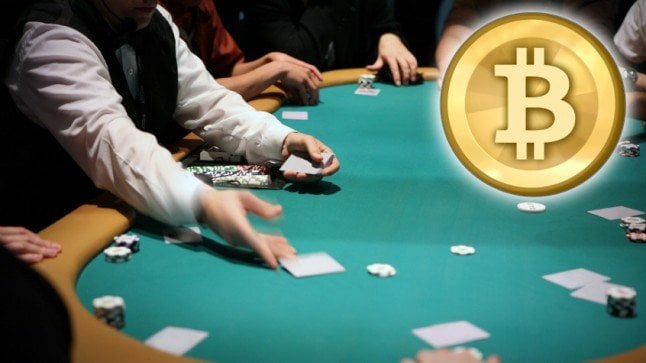Japan Bitcoin Payments Officially Recognized as Legal Currency, Price Skyrockets
Posted on: April 3, 2017, 01:00h.
Last updated on: April 3, 2017, 11:22h.
Japan Bitcoin payments are now official legal transactions in the Asian country, and that’s driving up the digital currency’s value.

As of Monday at 12:01 local time, Japan’s Financial Services Agency announced that the decentralized virtual money would be recognized as legal tender. The implementation brings to a close months of debate in the National Diet, the government’s legislative branch, over whether Bitcoin should be acknowledged, regulated, and accepted in the Pacific Ocean island nation.
Critics who opposed the effort cited Bitcoin’s alleged widespread use by money launders and criminal organizations. Due to the currency’s anonymous nature, it’s virtually impossible to track and keeps tabs on.
Financial employees will need to undergo cryptocurrency training classes, and the government will force banking institutions engaging in Bitcoin exchanges to adhere to operational regulations, though specifics on what that might entail hasn’t been defined.
Bitcoin has long been used by online gambling networks that wish to operate in countries where internet casinos aren’t necessarily legal.
Bitcoin Gambling
Online gamblers are no strangers to Bitcoin. The currency has been a preferred deposit and withdrawal method for numerous internet gambling sites, and remains so today.
In addition to offering more traditional banking methods, the leading offshore gambling sites like Slots.LV, Ignition Casino, and Bovada all accept Bitcoin. In addition to its incognito status, Bitcoin features some of the lowest transaction fees.
But Japan will need to quickly figure out a way to track Bitcoin, or at the very least be able to tell if it’s being used in unlawful ways. Its acceptance as permitted currency has the potential to wreak havoc on accounting departments, as money in and money out will be more difficult to track.
Bitcoin miners, which unlock the currency my solving complex mathematical problems in groups, have freed $17 billion worth of Bitcoin into circulation.
While that seems like a big number, it’s merely a drop in the bucket in terms of total worldwide money. According to estimates, there’s about 1.2 quadrillion ($1,200,000,000,000,000) invested in derivatives alone on planet Earth.
Bullish Bitcoin
The stock market has been hot since President Donald Trump won the White House, but it pales in comparison to the ride Bitcoin’s been on over the last two years.
In April of 2015, one Bitcoin was trading for about $240. This week, the same digital purchase costs over $1,100. That equates to a gain of nearly 360 percent. And with Japan Bitcoin essentially legalizing the tender, it’s expected to climb even higher.
The US Securities and Exchange Commission (SEC) has ruled against Bitcoin due to its anonymous nature. The government regulatory agency says currencies must be “designed to prevent fraudulent and manipulative acts and practices and to protect investors and the public interests.” It argues Bitcoin doesn’t.
In a 2014 Investor Alert, the SEC stated, “Potential investors can be easily enticed with the promise of high returns in a new investment space and also may be less skeptical when assessing something novel, new and cutting-edge. Unlike traditional currencies, Bitcoin operates without central authority or banks and is not backed by any government.”
No comments yet